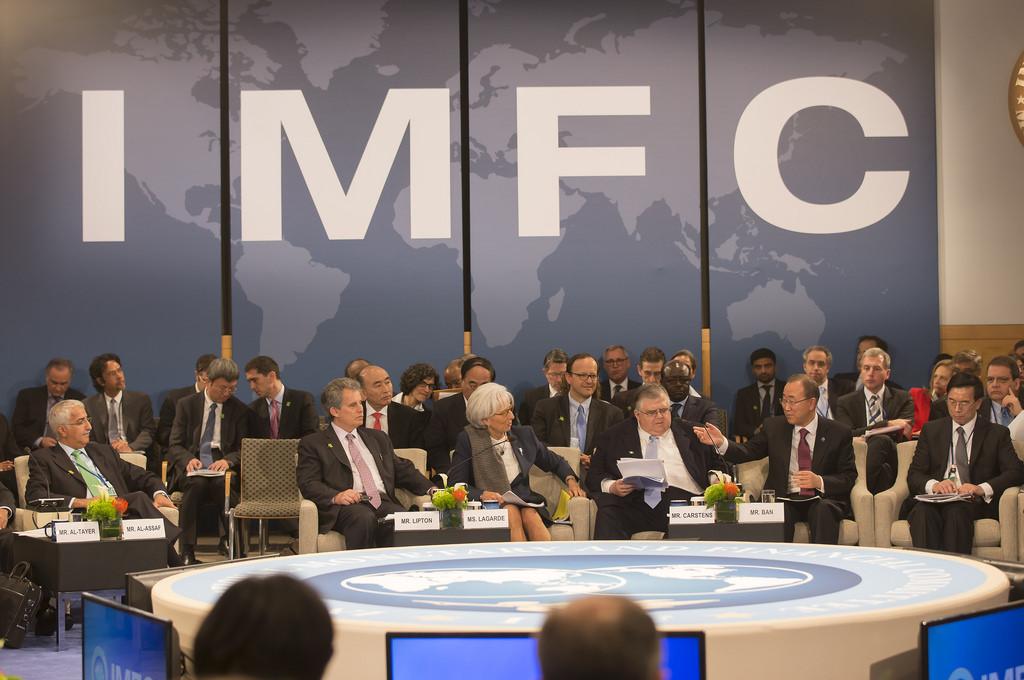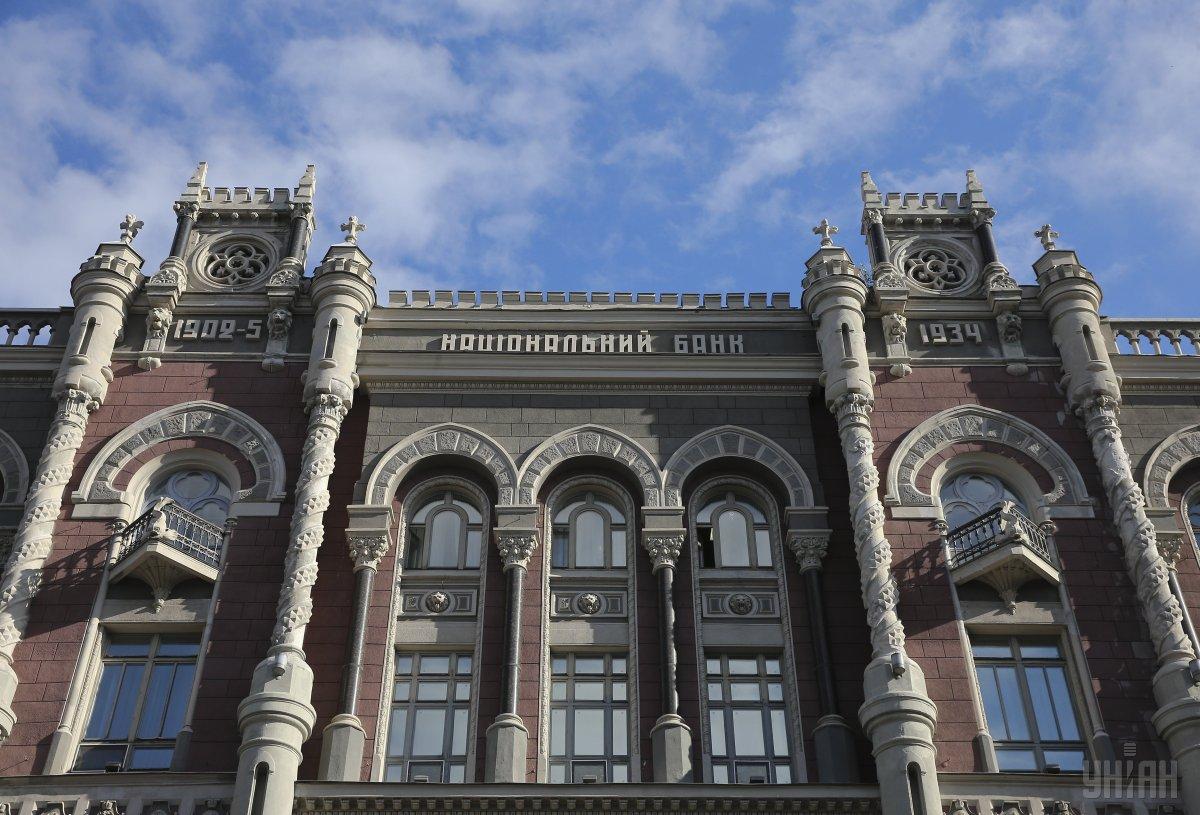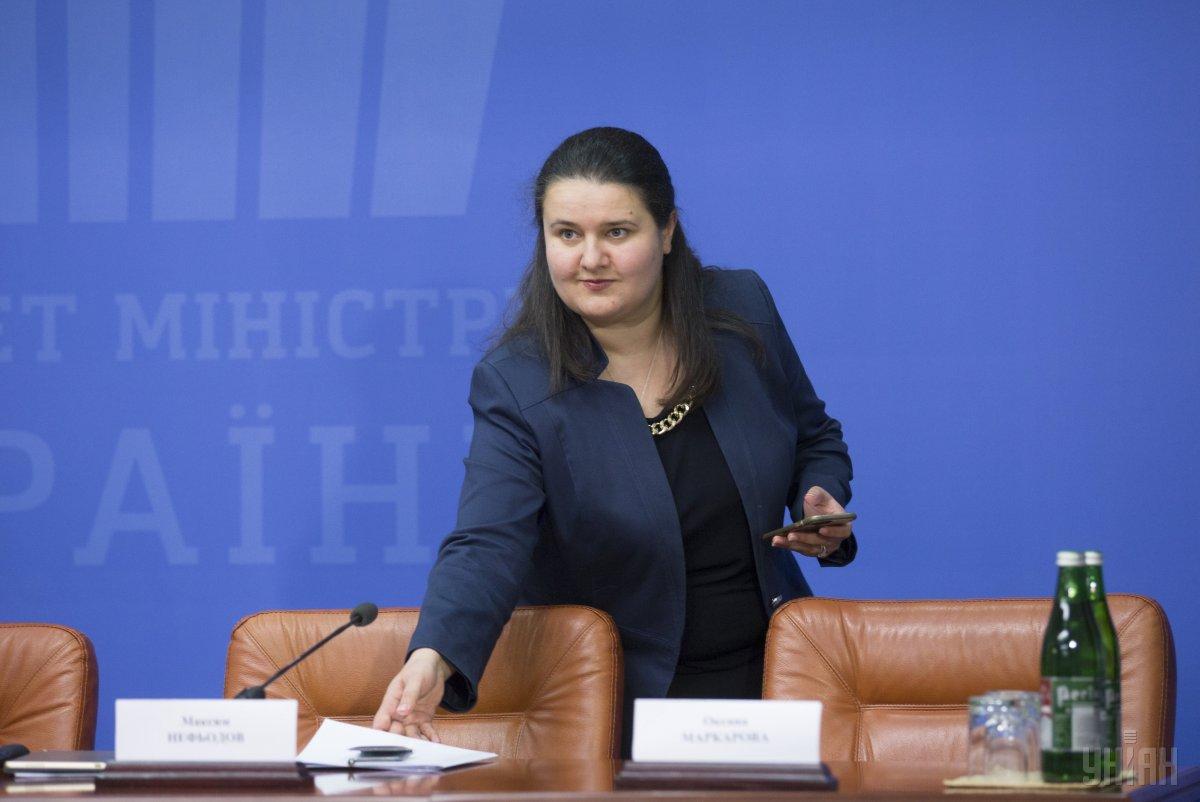
Week's balance: Laconic IMF, cautious National Bank, and new loans
The mission of the International Monetary Fund completed its work in Kyiv, the National Bank once again did not dare to lower its key rate, while the government continued to raise social standards and take new loans ahead of the elections – these are the key economic news of the outgoing week.
This week, the mission of Ukraine’s key creditor, the International Monetary Fund, completed its work in Kyiv. The main topic of discussions with the Ukrainian authorities was the resonant decision of the Constitutional Court of Ukraine on the abolition of "illegal enrichment" article in the Criminal Code. The norm had been introduced in 2015 as part of anti-corruption measures in the course of the previous cooperation program with the Fund. The CCU ruling has already sparked sharp reaction from international partners and may become an obstacle for further cooperation with the IMF. But so far no statements from the Fund have followed as the delegation simply gathered the necessary information and left.
Experts believe that the lender will make an informed decision. “The issue concerns the implementation of the previous IMF program. Restoration of responsibility for this violation is a complex legal and procedural issue, which is difficult to figure out from afar, all the way from Washington,” explains Olena Belan, chief economist at Dragon Capital. She recalls that the mission's decisive visit on the next bailout tranche is expected in May, and by this time, Ukraine needs to have fulfilled a number of conditions, including to appoint judges of the High Anti-Corruption Court, adopt the "split" law (on optimization state regulation of markets of non-banking financial services), and review gas prices.

By the way, the issue of raising by 15% gas prices for households from May 1, 2019, as stipulated by the IMF cooperation program and set out in the state budget, may also be a subject of debate. The relatively warm winter contributed to the fact that European prices for natural gas fell almost to the level of the current gas price for Ukrainian households. Given this fact, in the outgoing week, Prime Minister Volodymyr Groysman announced negotiations between NJSC Naftogaz of Ukraine, the Ministry of Finance, and the International Monetary Fund.
“I will instruct Naftogaz, together with the Ministry of Finance, to start a working discussion with the International Monetary Fund to resolve the issue and prevent any increases in gas [prices], relying on the proposal of Naftogaz of Ukraine,” the PM said.
Obviously, the upcoming review of the program by the IMF will be a difficult one. Meanwhile, the National Bank is seeing no risks for continued cooperation with the Fund, even taking into account the ruling of the Constitutional Court. “We continue to work as usual and see no risks in this for the continued cooperation with the IMF and receiving the next tranches, which are scheduled for May and November,” said NBU Governor Yakiv Smolii.
NBU assessing risks

Despite the slowdown in inflation and optimistic expectations, the National Bank did not dare to lower its key rate, which could contribute to cheaper bank loans and accelerate economic growth. At a traditional monetary briefing on Thursday, the NBU Governor announced that the rate remained unchanged at 18% per annum, for the fourth consecutive time. Previously, the National Bank made similar decisions in October and December 2018, as well as in January 2019.
The NBU explained their indecisiveness by the relevance of previously identified risks that may impede a further decrease in inflation, as well as a number of new risks associated with the next increase in social standards. It's about monetization of subsidies that started in March of this year, for which almost UAH 5.7 billion will be allocated from the state budget this month. In addition, since March, the government has introduced automatic indexation of pensions, thanks to which payments will increase for almost 9 million of 10.2 million Ukrainian pensioners. The amount of the increase will average UAH 515.
According to NBU estimates, raising social standards is unlikely to have a significant impact on consumer price hikes, while being able to push inflation expectations. “We evaluated the impact of individual decisions regarding monetization of subsidies and the increase in pensions, but for each of these elements, we had estimates of up to 0.1%,” commented Serhiy Mykolaichuk, head of the NBU monetary policy and economic analysis department. “But this may affect inflation expectations, given the information campaign that accompanied these measures.”
Despite NBU fears, the Cabinet in its pre-election fever has been pumping social spending. At its traditional meeting on Wednesday, the government introduced additional payments for large families. From April 1, they will receive an additional UAH 1,700 for each child, starting from the third, until their kids reach the age of six. As stated by the Minister of Social Policy Andriy Reva, the Cabinet of Ministers is this way implementing the initiative of President Poroshenko to help children in large families. By the end of the year, UAH 2.4 billion will have been allocated in the framework of this program.
New loans
The unprecedented generosity of Ukrainian authorities in relation to the electorate does not reduce the urgency of financing the budget deficit. To this end, in the outgoing week, the Ministry of Finance increased by $350 million the amount of ten-year eurobonds issued in October last year. The interest rate, as in October, was at 9.75%, while the settlement on the transaction is scheduled for March 21.
Finance Minister Oksana Markarova explained that the transaction was due to the need for timely financing of budget expenditures. “Considering that in 2019 we must spend UAH 418 billion on servicing and paying off debts, besides clearly monitoring tax and non-tax revenues, we must conduct monthly internal and external borrowings,” she said.

The Finance Ministry recalled that this year Ukraine has already attracted a EUR 529 million loan guaranteed by the World Bank, and also announced talks with official lenders on new concession loans. In addition, funds are being actively attracted in the domestic market –in the first two months of this year, the state budget received almost UAH 35 billion, US$886 million, and EUR 33 million from auctioning off domestic bonds.
It should be noted that the rates on domestic loans remain very high – at 19% for securities in UAH, 6.5% - in dollars, and 4.5% - in euros. On the other hand, investors are not yet ready to lend Ukraine funds at more attractive rates, given that the credit ratings remain low. In the outgoing week, Fitch confirmed Ukraine’s sovereign rating at “B-”, which reflects the country's external liquidity, which is still weak, as well as political risks.
Next week promises to be no less interesting. The State Statistics Service will release data on the growth of the Ukrainian economy over the past year and the dynamics of industrial output. We might also see the outcome of an ongoing conflict between Naftogaz CEO Andriy Kobolyev and Prime Minister Volodymyr Groysman. The head of government promised to discuss the proposal of Naftogaz Supervisory Board to extend Kobolyev's contract for another year, while reducing his salary by half. In addition, Groysman proposed to oblige the head of Naftogaz to ensure the growth of domestic gas output, transmission of Russian gas from 2020, and the company unbundling.
Kobolyev's dismissal under Groysman's scenario could be rather costly for the Ukrainian treasury. According to Valeria Hudiy, a lawyer with Ilyashev and Partners, the termination of the contract provides for a severance pay, which, taking into account the salary of Naftogaz CEO, may amount to about UAH 171 million. Failure to pay this benefit, as well as dismissal in violation of the established procedure (without a proper motion of the supervisory board), may be the subject of litigation.
Olha Hordienko

